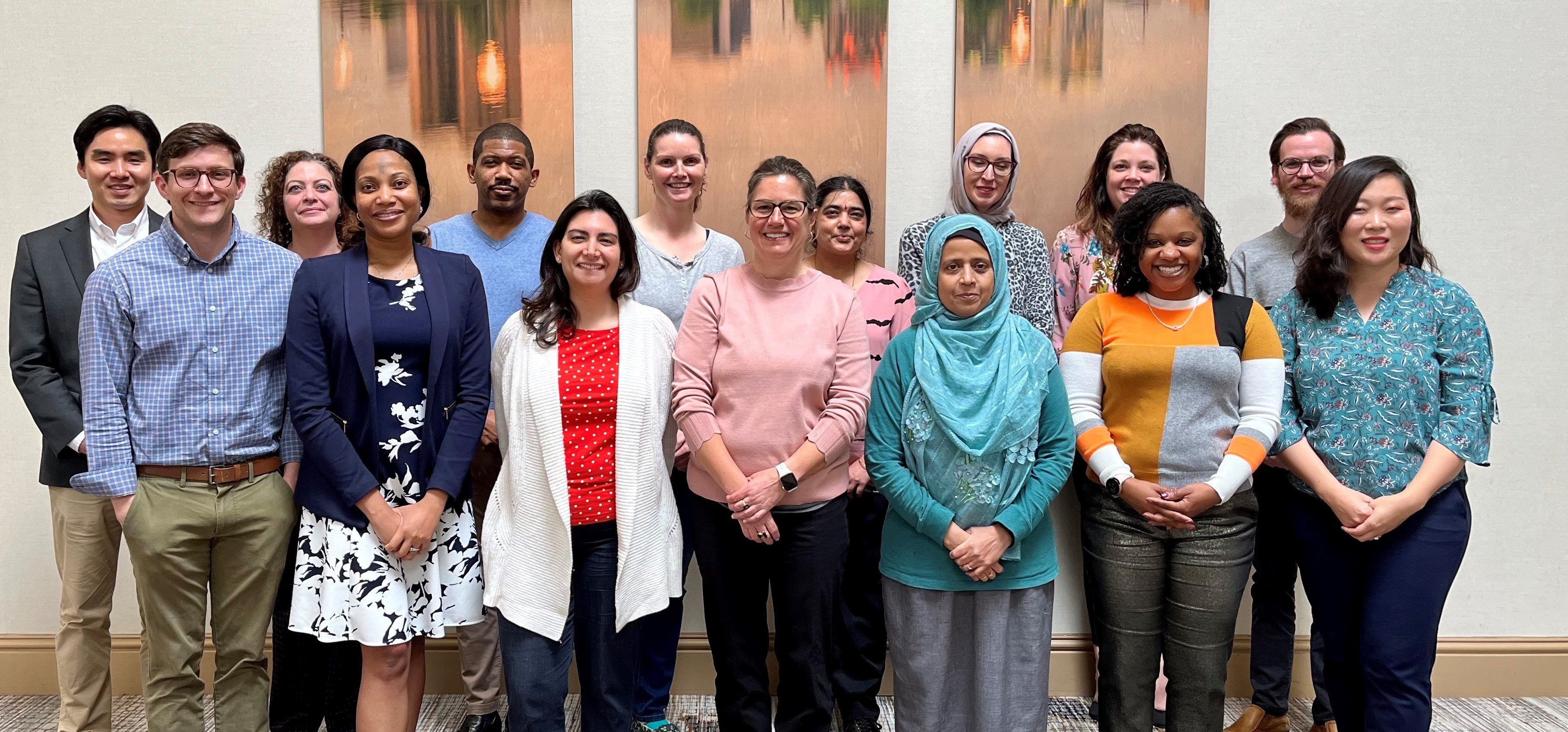Research Education Core
Training, mentoring, and educational coursework across MSM, TU, and UAB to develop the next generation of cancer research scientists.
Overview
- Introduces undergraduate students to cancer research through training, mentoring, and educational coursework.
- Leverages collaboration between UAB, Tuskegee University (TU), and Morehouse School of Medicine (MSM).
- Facilitates faculty and graduate student training and development in cancer research.
- Has impacted more than 198 graduate students and junior scientists through this training.
The Research Education Core of the MSM/TU/UAB Partnership introduces students at the undergraduate level to cancer research through training, mentoring, and educational coursework. The partnership between the O'Neal Comprehensive Cancer Center at UAB, Tuskegee University (TU), and Morehouse School of Medicine (MSM) provides a coordinated approach to research training across institutions.
The Cancer Training Program facilitates faculty and graduate student training and development in cancer research. The partnership has successfully developed and implemented training programs for graduate, post-doctoral, and junior faculty level trainees, impacting more than 198 graduate students and junior scientists.
The specific aims are:
- To develop and implement integrated cancer research education programs to link high school, undergraduate, and graduate/medical students with postdoctoral fellows, medical residents, Early Stage Investigators (ESIs), and senior-level researchers.
- To implement each summer the Granting Research Opportunities in Wellness by Creating Exciting Learning Laboratories in Science (GROW CELLS), a recently piloted 3-week summer cancer research program targeting high school students in a rural setting (Tuskegee; n=60 at TU) and in an urban setting (Atlanta; n=15 at MSM).
- To enhance the Cancer Research Immersion Student Program (CRISP) for undergraduate students at all three institutions. The 8-week residential summer program will include didactic sessions, hands-on research experience, and exposure to health careers in cancer research for 60 undergraduate students (n=15 at MSM; 30 at TU; 15 at UAB).
- To expand the Summer Cancer Research Education Program (SCREP) for 40 graduate/medical students at all three institutions to include a new cancer informatics course, didactic sessions, and hands-on research experience (n=15 MSM; 15 TU; 10 UAB).
- To enhance our productive Health Disparities Research Education Program (HDREP) for 30 medical residents, postdoctoral fellows, and ESIs based on lessons learned from previous cycles as well as feedback from scholars and mentors (n=10 MSM; 10 TU; 10 UAB).
- To link all levels of cancer research scholars with the Outreach Core to share their research findings with community members, obtain community feedback on relevant topics for future research (e.g., Cancer Info Cafés), and develop publications and communications for lay audiences (e.g., blogs or posts on social media, YouTube videos, policy briefs).
- To implement a mixed-method, triangulated evaluation of the proposed research education activities across the pipeline. Key medium-term outcomes will include scholars’ transition to the next step in their careers, increase in scholarly activities (e.g., grants and publications), and new research projects that are relevant to community members.
Research Education Core Highlights
